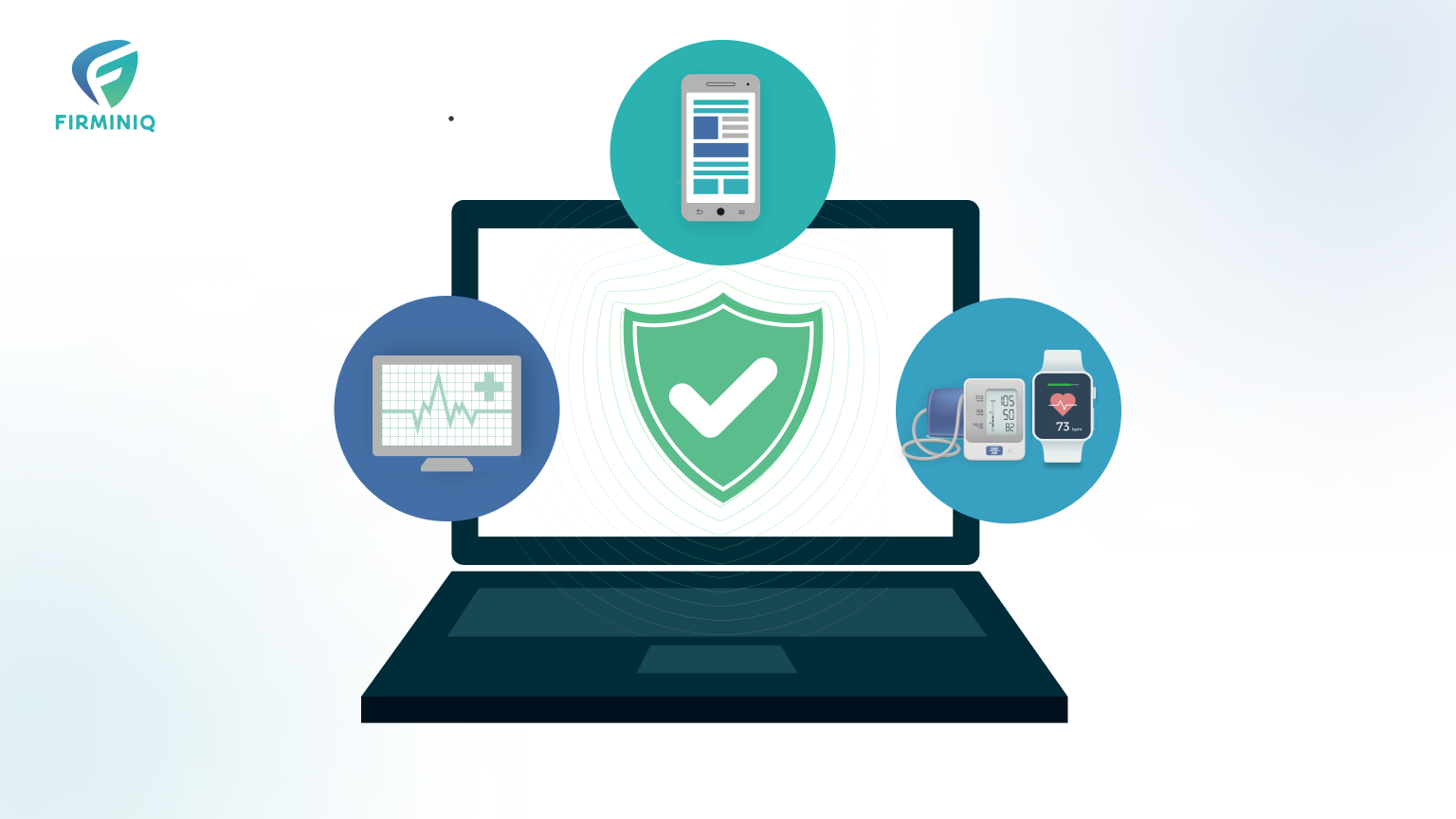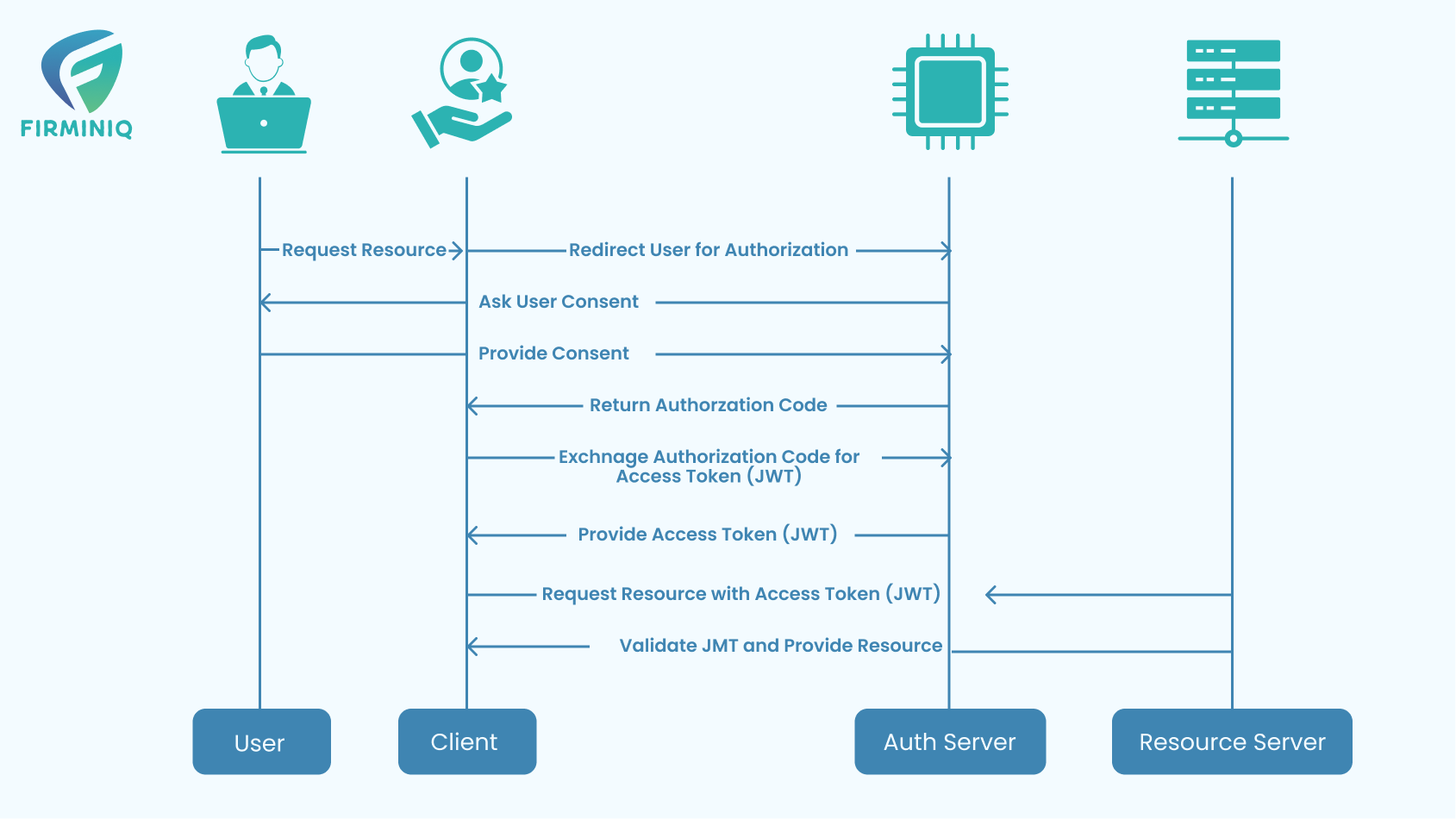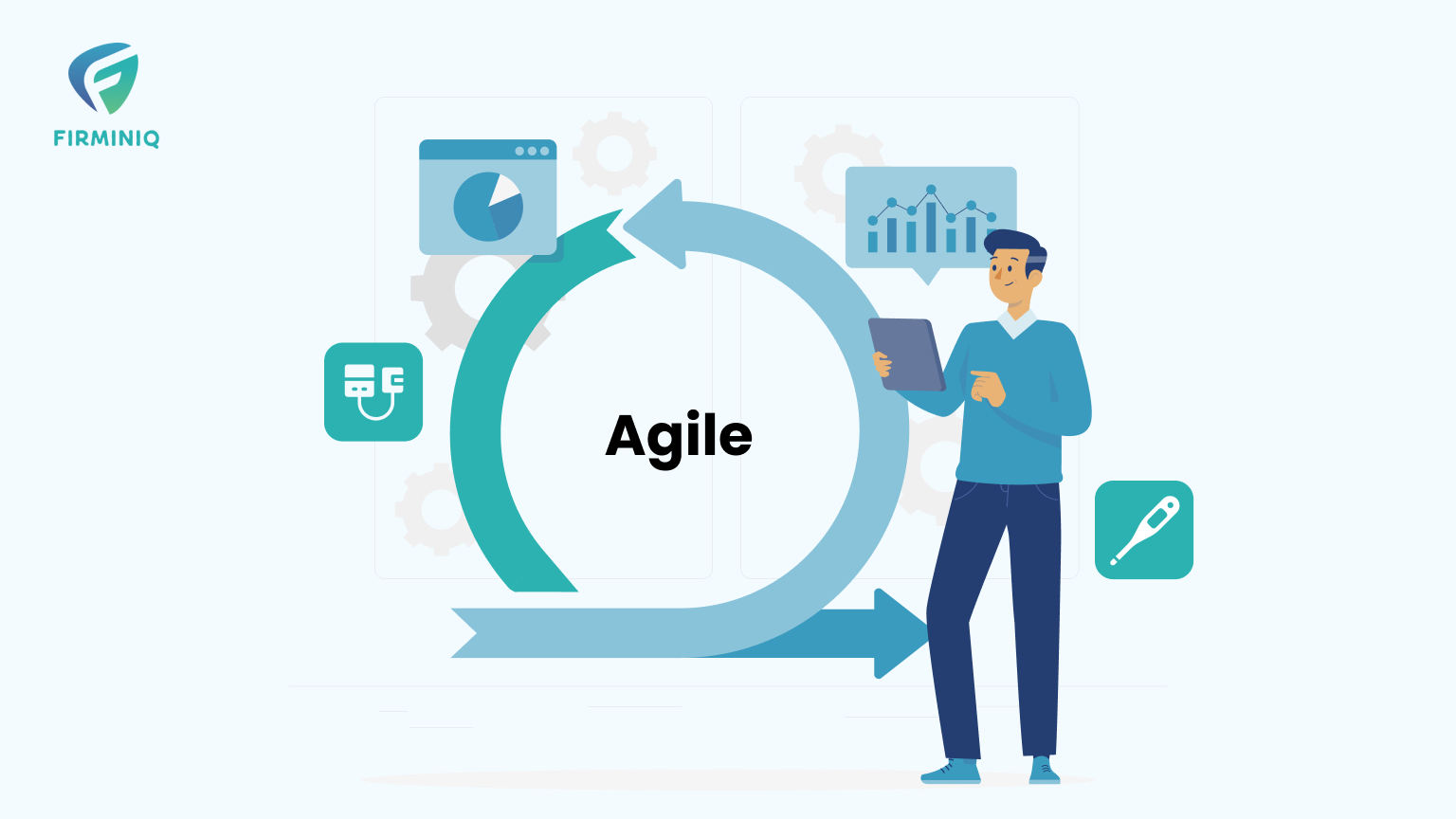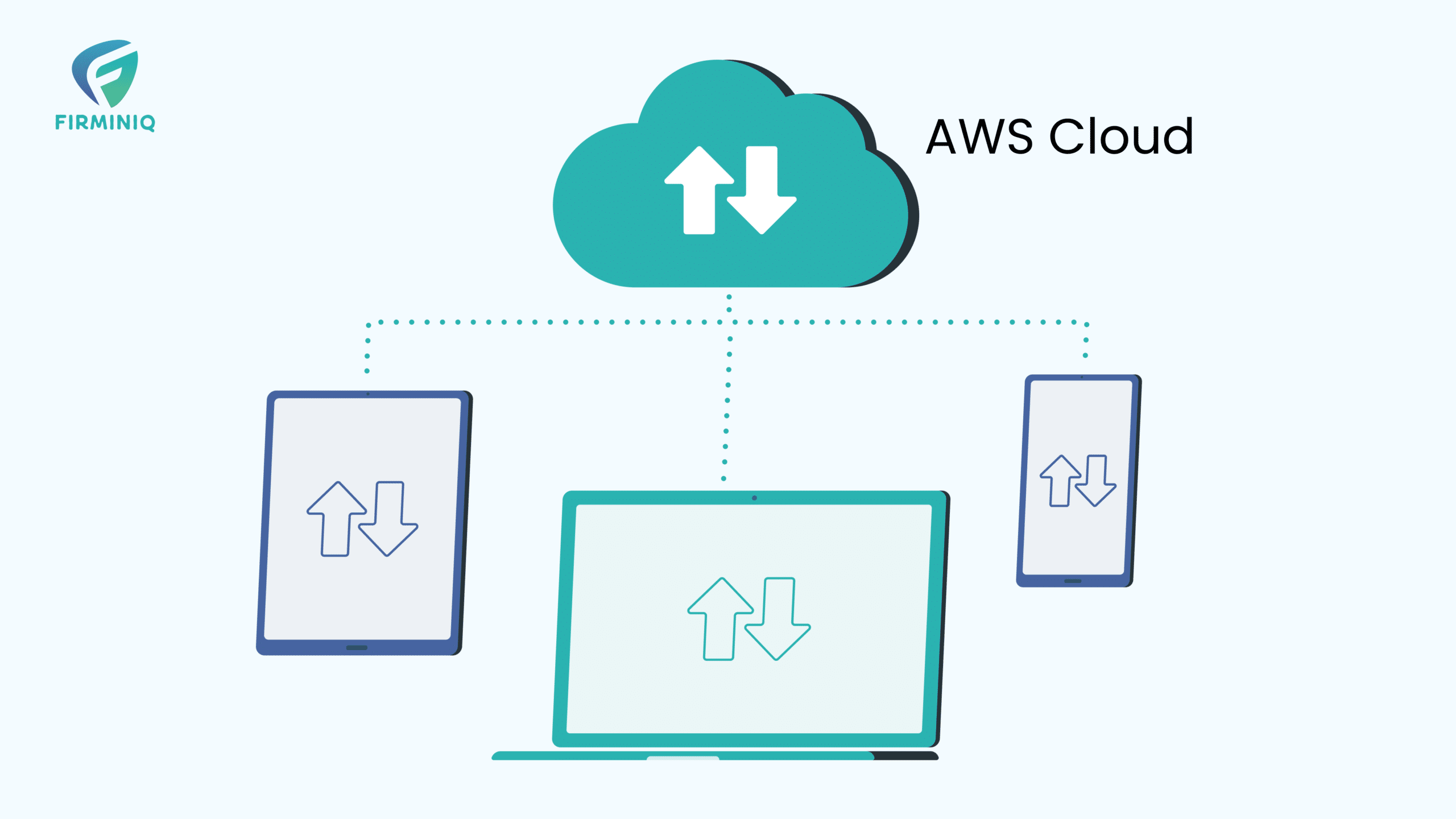The emergence of connected healthcare platforms represents a beacon of innovation, holding the promise to transform patient care and outcomes through the seamless integration of technology. The potential is immense, ranging from remote patient monitoring to telehealth and smart wearables. The sharing of data unlocks unprecedented possibilities.
The continuous flow of information between devices and systems underscores the power of these platforms, heightening the importance of safeguarding patient data.
In an era marked by technological advancements, healthcare organizations find themselves struggling with the intricate tasks of safeguarding sensitive healthcare data. While navigating through technological advancements, the importance of securing patient information becomes paramount.
This blog delves into the complexities that healthcare organizations encounter in ensuring the protection of sensitive data. Let us shed light on the crucial role of data security in healthcare, unraveling the challenges faced and unveiling strategies to fortify the safeguarding of sensitive healthcare information.
Challenges and Solutions in Healthcare Data Security
Explore the challenges healthcare organizations face and discover measures and solutions that help them to strengthen healthcare cybersecurity effectively.
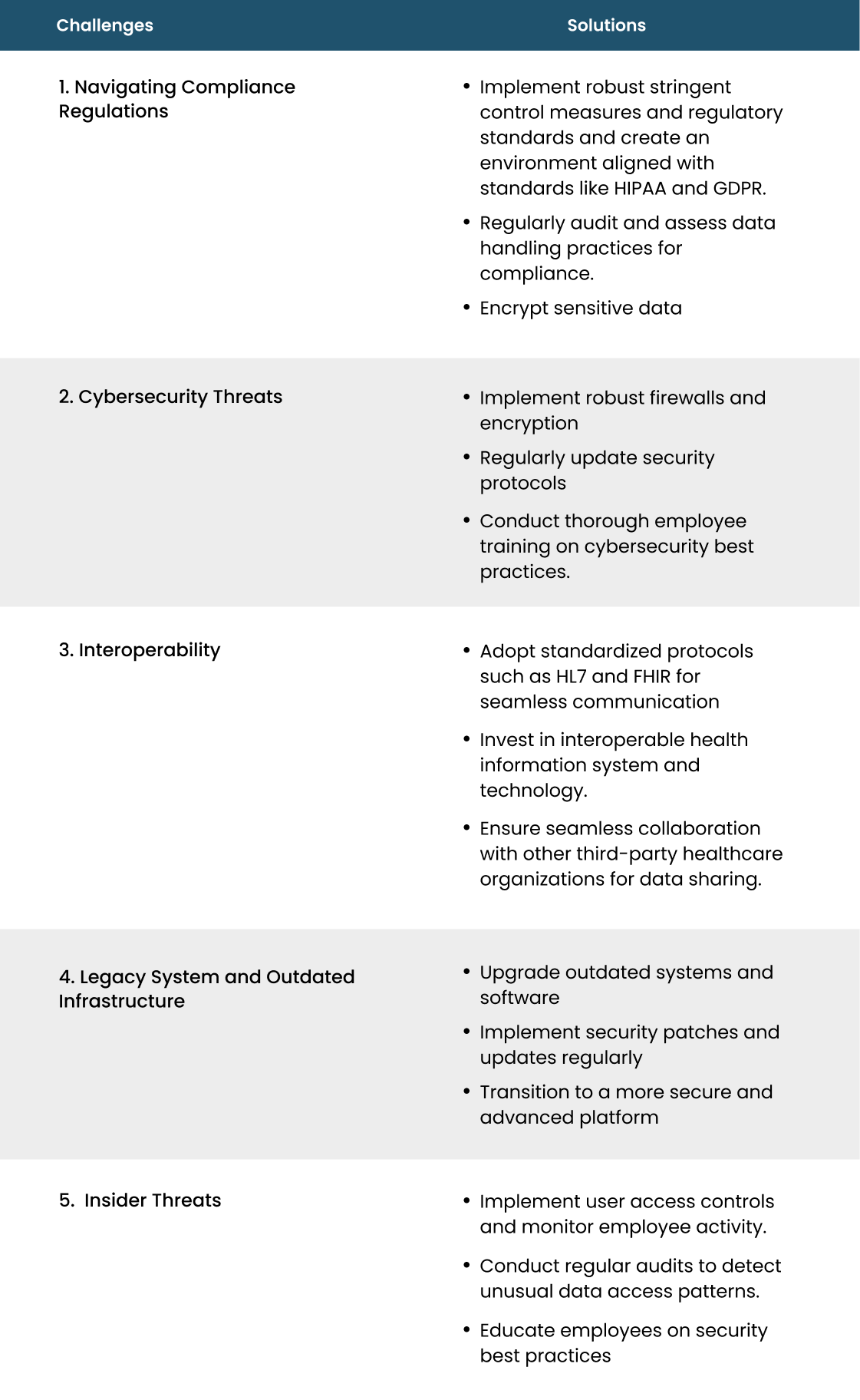
The table serves as a roadmap that presents the challenges healthcare organizations face to secure sensitive data, coupled with corresponding solutions. Let us delve into each aspect:
Challenges Faced by Healthcare Organizations in Securing Data
The security threat to confidential healthcare data is ever evolving and organizations are embracing the latest technologies to manage it. Let us discuss some of the crucial challenges organizations face.
1. Navigating Compliance Regulations
Unlike the traditional data management system, healthcare demands a higher level of vigilance due to exchange of healthcare sensitive information from diverse sources.
Securing data in the interconnected world poses a significant challenge for healthcare organizations dealing with sensitive information. Adhering to healthcare regulations such as the Health Insurance Portability and Accountability Act (HIPAA), General Data Protection Regulation (GDPR), and similar standards presents a challenge in ensuring the robust protection of patient data and other health-related information.
2. Cybersecurity Threats
The modern era has ushered in a change in basic assumptions in healthcare, with digital technologies playing a pivotal role in patient care. However, this digitization has also given rise to an ever-evolving landscape of cybersecurity threats that healthcare entities must confront. Among these threats, data breaches and ransomware attacks loom large, demanding constant vigilance and proactive measures to protect sensitive information.
“Between 2009 and 2022, 5150 healthcare data breaches of 500 or more records have been reported to the HHS’ Office for Civil Rights.”- The HIPAA Journal
Data breach fallout extends beyond the compromise of individual privacy; it can erode trust in the healthcare system and lead to severe financial and reputational consequences.
3. Interoperability
Healthcare systems often operate on diverse standards and protocols, making it challenging to establish universal communication standards. Lack of knowledge to implement standardized practices for data sharing and exchange creates obstacles in achieving interoperability, a hurdle for delivering patient care and efficiency.
4. Legacy System and Outdated Infrastructure
Most healthcare systems still rely on legacy systems and outdated infrastructure. Making healthcare systems still rely on legacy systems and outdated infrastructure is vulnerable to security threats. Upgrading these systems can be a challenging task due to compatibility issues, constraints, and the need for thorough testing to ensure data integrity and security during the transition.
5. Insider Threats
Healthcare organizations face the risk of insider threats that can be from different stakeholders including employees, contractors, or other trusted entities with access to sensitive data. Mishandling of this data can lead to breach, emphasizing the importance of robust internal security measures and ongoing employee education on data handling best practices.
Potential Solutions for Securing Healthcare Data

Healthcare organizations must adopt a proactive approach and ensure timely implementation of specific privacy and security measures to navigate challenges and keep sensitive information secure. Here are the solutions.
1. For Data Privacy Compliance Regulations
Implement active training programs to educate professionals in data privacy regulations. Ensure that all team members are aware of their roles in maintaining compliance. Conduct regular audits to assess compliance with healthcare regulations. These audits should cover procedural and organizational aspects, identifying areas that require adjustments to align with regulatory expectations.
2. For Cybersecurity Threats
Implement advanced threat detection systems that use Artificial Intelligence and Machine Learning to identify and respond to potential cybersecurity threats in real-time. Ensure that all software and systems are regularly updated with the latest security patches. Prompt patching helps address known vulnerabilities that cybercriminals may exploit.
3. For Interoperability
Encourage the adoption of standardized protocols such as HL7 and FHIR for seamless communication between different healthcare systems. Standardization facilitates interoperability.
4. For Legacy System and Outdated Infrastructure
Conduct a comprehensive assessment of existing infrastructure, identifying outdated hardware, software, and networking components. Also, evaluate their performance, security vulnerabilities, compatibility with modern technologies and more.
5. For Insider Threats
Implement role-based access control (RBAC) systems to define specific roles and access privileges for each employee based on their job responsibilities. Restrict access to sensitive information to only those employees who need it for their roles.
Winding Up
The paramount concern of safeguarding patient data is evident, especially as healthcare becomes more interconnected. Privacy, as indicated by patient surveys, is not just a preference but a fundamental right that healthcare providers must respect. In this context, the challenges associated with data privacy and compliance regulations, cybersecurity threats, user authentication and authorization, and interoperability demand strategic and comprehensive solutions.
By navigating through the challenges and implementing robust cloud solutions for secure and safe data sharing, the healthcare industry can not only unlock the transformative benefits of connected platforms but also ensure the trust, privacy, and well-being of the patients it serves.


